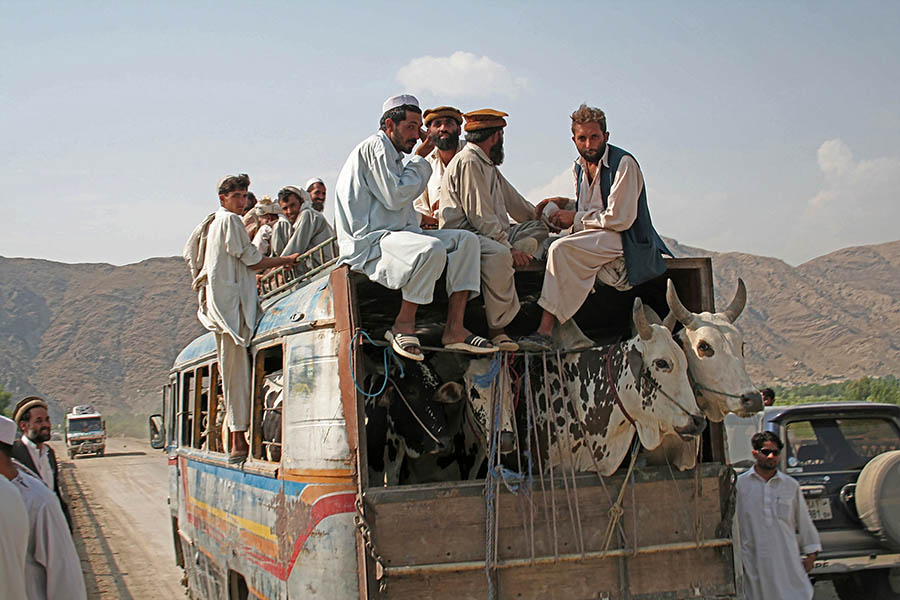Afghanistan—Value Chains Program
Client: U.S. Agency for International Development
Duration: 2018-2025
Region: Eastern Europe and Central Asia
Country: Afghanistan
Solutions: Economic Growth
The Afghanistan Value Chains Program (AVCP) builds the capacity of livestock- and crops-related enterprises, or anchor firms, so they become more efficient and profitable. Working directly with agribusiness companies through co-investment agreeements, AVCP utilizes anchor firms as conduits through which the program engages the broader sector—from suppliers to individual producers: Afghanistan’s farmers. The growth of the anchor firms promotes efficiency and profitability and strengthens the entire value chains with a direct and positive impact on the economy, households, and livelihoods.
AVCP assists vulnerable farm communities and households severely impacted by continued regional droughts, climate change, and the lingering impacts of the COVID-19 pandemic. The program also supports activities designed to increase the domestic production of food, as imports become increasingly costly.

Sample Activities
- Collaborate with input suppliers, farmers, aggregators, and financial institutions to better perceive and respond to market opportunities.
- Increase productivity of firms through co-investments to procure veterinary services, upgrade processing capacity, and improve branding and packaging.
- Support advocacy to government officials to reduce policy constraints to productivity and investment in the livestock sector.
- Assist firms in accessing credit by providing advisory services and linking them to lending institutions.
Select Results
- Implemented immediate stabilization activities designed to mitigate negative impacts on vulnerable farm households and agribusinesses, often utilizing feed and seed distributions through anchor firm networks to farmers and other upstream input suppliers.
- Distributed 1,200 metric tons of animal feed concentrate, poultry, and other feed, and seeds to vulnerable farm and rural households between April and June 2022.
- Designed activities that focus on food safety, business development services, access to finance and farmer credit programs, and the improved availability of feed and forage, private-sector extension services, and veterinary services.
- Assisted 12,533 households.
- Helped 12,307 individuals benefit from food security programs.
- Established 1,168 linkages between farmers, agribusinesses, and suppliers to increase farmers’ profits.
- Trained 2,074 individuals in short-term agricultural productivity or food security training.
- Distributed 50 metric tons of wheat seed, 53.15 metric tons of soy seed, 1,204 metric tons of animal feed concentrate, 35 metric tons of fish feed, and 215 metric tons of poultry feed to vulnerable farm families and rural households.
- Created 191 full-time jobs created in livestock assisted firms.
- Delivered and installed solar systems for 13 agribusinesses (totaling 625 panels), 66 solar stands, 60 batteries, and 41 inverters. The effort has invested more than $200,000 in solarization systems for Afghan agribusinesses.
- Project partner Mofeed Group established a fish feed production facility to increase the supply of high-quality, locally produced fish feed for Afghanistan’s growing fish farm sector. AVCP organized a business-to-farmer event for 70 stakeholders to promote the sector, explore investment opportunities, and strengthen collaborations. Mofeed signed 33 memoranda of understanding worth $119,101.
Featured Links
RELATED CONTENT:
Georgia—Green Economy Program
The USAID Green Economy Program improves the productivity and economic competitiveness of Georgian enterprises in the tourism, light manufacturing, digital, and solid waste management sectors, while strengthening Georgia’s economic ecosystem to support further growth in these areas.
Read More